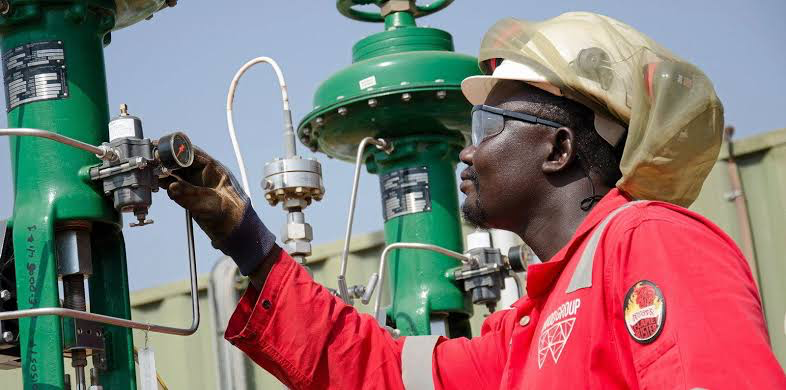Savannah Energy PLC, a British independent energy company with operations in Nigeria and Niger, has announced another postponement of its acquisition of oil and gas assets in South Sudan from Petronas, the Malaysian state-owned company. The deal, which was first announced in December 2022, is now expected to be completed by April 2, 2024, subject to government and shareholder approvals.
The company said it was still making progress on various aspects of the transaction, including obtaining “in-country approvals” from the South Sudanese authorities. However, it also cited the challenges posed by the COVID-19 pandemic, climate shocks, and the recent surge in commodity prices due to the war in Ukraine, which have affected the oil industry globally and in South Sudan.
Savannah Energy agreed to pay $1.25 billion for Petronas’ entire portfolio of oil and gas assets in South Sudan, which includes interests in three joint operating companies (JOCs) with other international and national partners. The JOCs operate in Blocks 3/7, 1/2/4, and 5A, which have a combined gross production of 153,000 barrels of oil per day (bpd).
The acquisition would make Savannah Energy one of the largest oil and gas producers in South Sudan, a country that relies heavily on oil revenues for its economy and peace process. South Sudan gained independence from Sudan in 2011 after decades of civil war but plunged into a new conflict in 2013 that killed tens of thousands of people and displaced millions. A fragile peace deal was signed in 2018, but its implementation has been slow and marred by violence and political disputes.
South Sudan’s oil production has also suffered from the impact of the war, as well as technical and environmental issues, such as pipeline blockages, oil spills, and gas flaring. The country’s output has declined from a peak of 350,000 bpd in 2011 to around 170,000 bpd in 2020, according to the Ministry of Petroleum. The government has been trying to attract new investment and technology to boost production and exploration, as well as diversify its economy away from oil dependence.
Savannah Energy said it was committed to supporting South Sudan’s development goals and creating value for its shareholders and stakeholders. The company said it would leverage its experience and expertise in operating in Africa, as well as its strong environmental, social, and governance (ESG) standards, to deliver sustainable and responsible operations in South Sudan.
Shore Capital, an investment bank and broker that advises Savannah Energy, said it was optimistic that the company would publish its admission document to resume trading on London’s AIM market within the extended deadline. It also said it expected Savannah Energy to generate “material organic revenues and cash flow” from its existing assets in Nigeria and Niger, where it has combined net reserves and resources of 164.9 million barrels of oil equivalent.
Source: Energy Voice



